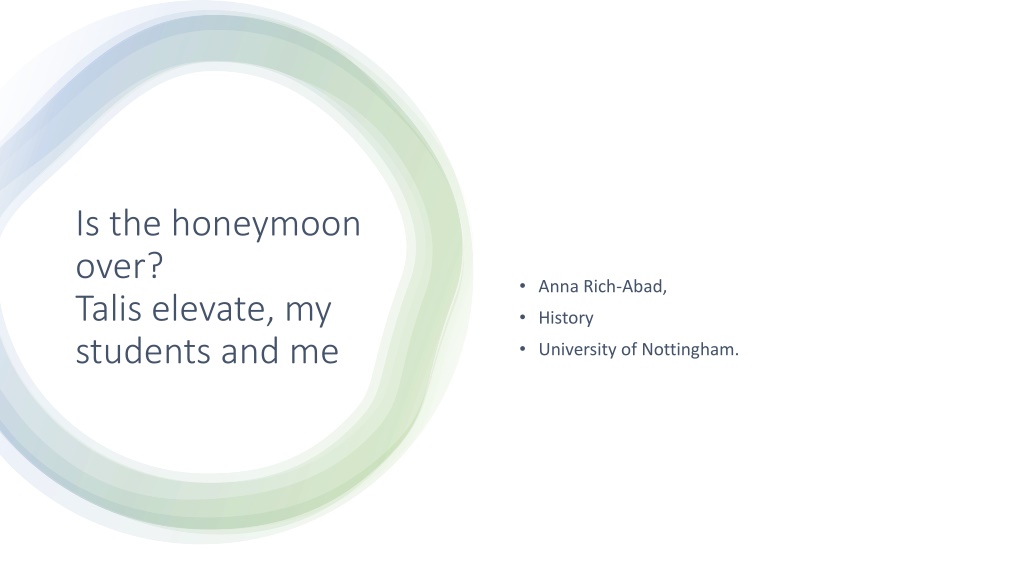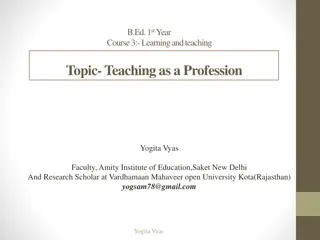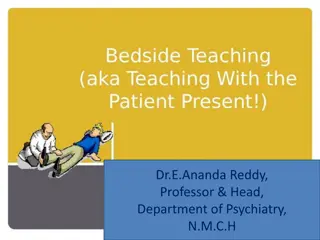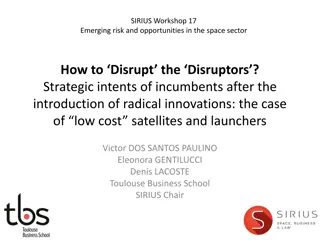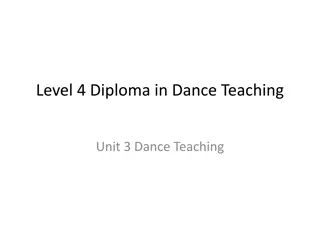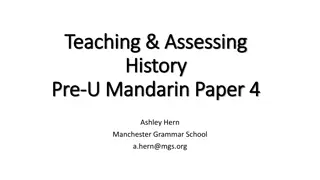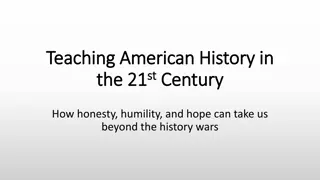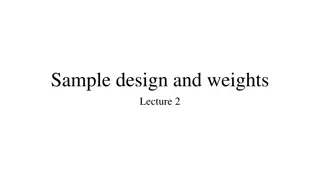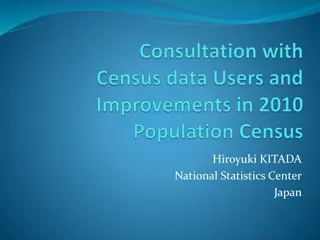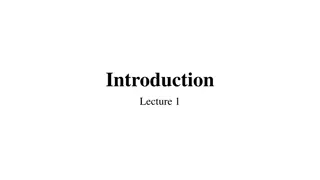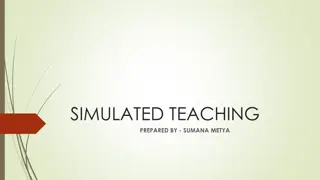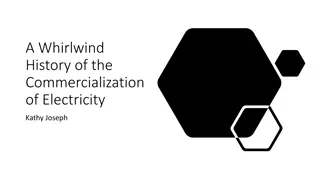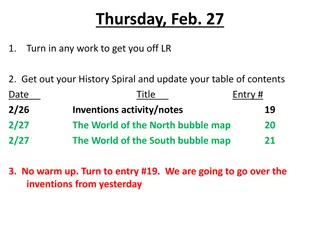Challenges and Innovations in Teaching History: A Journey with Talis Elevate
Explore the evolution of teaching practices in history modules at the University of Nottingham through the incorporation of Talis Elevate. The journey includes adapting assessment methods, addressing student engagement issues, and leveraging digital technologies to enhance learning experiences amidst challenges like the COVID-19 impact and academic competence gaps.
Download Presentation

Please find below an Image/Link to download the presentation.
The content on the website is provided AS IS for your information and personal use only. It may not be sold, licensed, or shared on other websites without obtaining consent from the author. Download presentation by click this link. If you encounter any issues during the download, it is possible that the publisher has removed the file from their server.
E N D
Presentation Transcript
Is the honeymoon over? Talis elevate, my students and me Anna Rich-Abad, History University of Nottingham.
How have I done it? Year 1 module (Making the Middle Ages 1 hour lecture all cohort (200+ students)+ 1 hour seminar - small group (20 students) Assessment, until this year, 2 historiography essays Now 1 source based essay+ 1 synoptic essay Talis asynchronous work and comments integrated in discussion in seminar Each seminar group has its own Talis Elevate course to keep private and sense of identity identity Year 2 The Stranger Next Door. Jews and Christians in the Middle Ages (1 hour seminar+2 hours lecture a week). Assessment: Primary Source essay based + Historiography based essay Initially, Talis Elevate used asynchronously and discussed in seminar time alongside historiography.(Each group their own Talis page)
Changes in practice: years 2021/22 and 22/23 Year 1. Integrated as class work synchronous to complement lack of asynchronous lack of engagement. Year 2. Initially, used in 1 hour seminar alongside discussion of historiography Now: embedded in lecture
Why? Y. 1 The covid effect over recruitment Choppy transition from A levels to university (choppy A levels ) Students tend to not engage with asynchronous class preparation Lack of attendance and sociability in general The mental health crisis? Y. 2 Desired level of academic competence not really achieved. Lack of understanding of medieval texts among y.2 students Lower attainment. Class engagement/attendance issues All levels: Digital poverty Screen fatigue The native digital student? Learning platforms vs. Tik-Tok
What can be done? Embed in assessment Change assessment! Incentivate and support staff to use digital technologies Restore community
